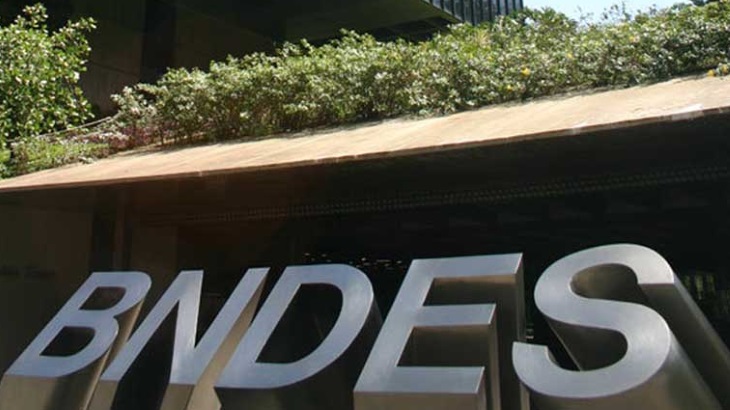Work on the unit was halted for a second time in 2015, when just over 60% of the project had already been completed. It is now expected to start operations at the end of 2026.
The consortium is tasked with defining the investment needed for the project, the detailed schedule of work and specification of how one or more construction companies will be hired to carry out the work.
"Contracting of the consortium, composed of companies with extensive experience in advising on the implementation of nuclear power plants in the world, will allow the market to be designed with the confidence necessary to attract first-rate building partners and a wide range of financing agents in Brazil and worldwide," said Leonardo Cabral, director of privatisations at BNDES.
The Angra 3 project may have one or more Engineering, Procurement and Construction contracts, depending on the technical recommendations made by the contracted consortium.
Lidiane Delesderrier Gonçalves, superintendent of the Business Structuring and Divestment Area of BNDES, said that Angra Eurobras NES will also be responsible for advising on the hiring of construction companies.
"This advice, which will include the evaluation of the technical proposals of the proposing companies, is considered of paramount importance to ensure a successful selection process, attracting companies of recognised technical quality," she said.
Angra 3 will generate more than 10 GWh of electricity per year, enough energy to serve about six million homes, BNDES said. It will also increase the reliability of the national grid since, unlike solar and wind power, nuclear energy is not weather-dependent, it added.
Cabral said in March that he expects a financing arrangement to finish Angra 3 will be ready by the end of next year. BNDES is one of the biggest providers of financing for infrastructure projects in Brazil, and also played a role in financing nuclear energy in the past.





_47120.jpg)
_23621.jpg)

_63865.jpg)





